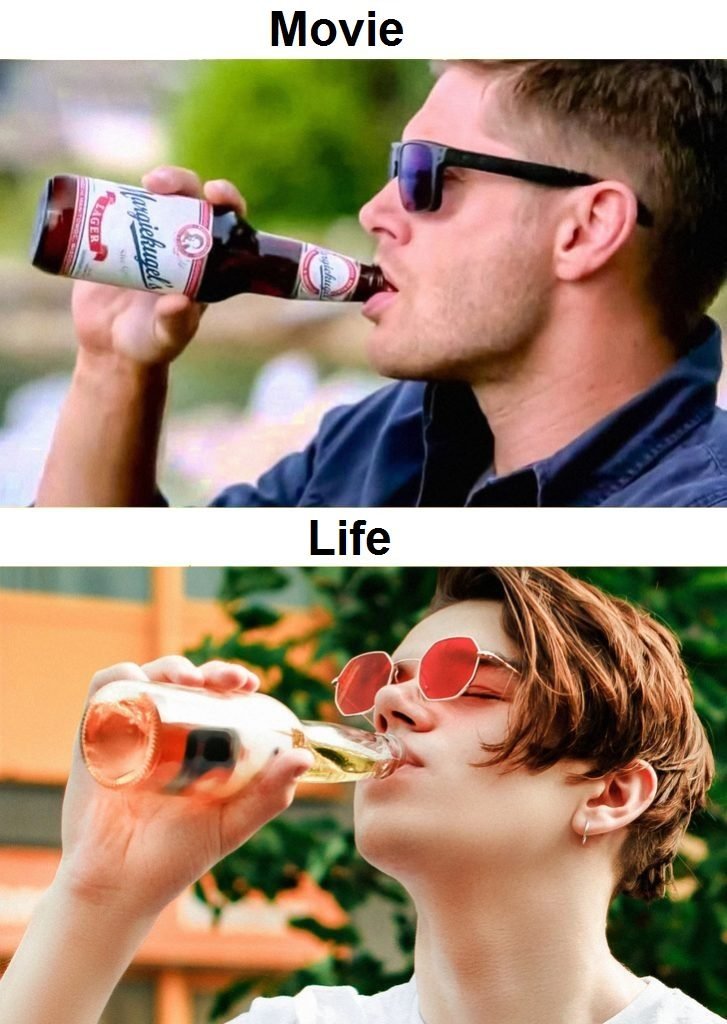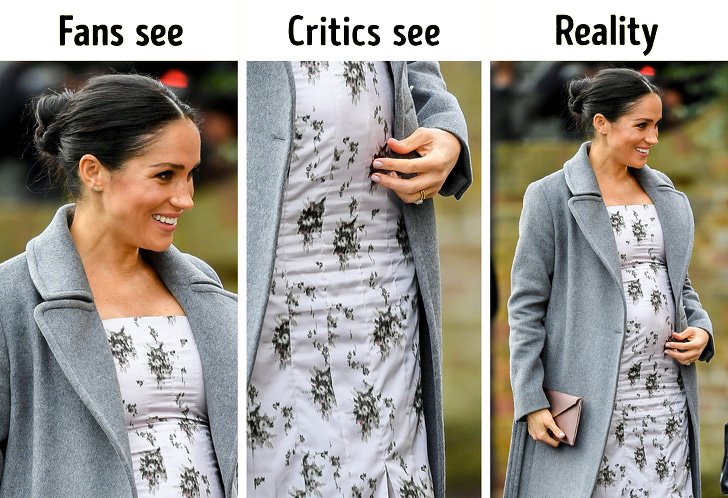Facts
7 Brain Traps Media Uses To Mass Manipulate Our Opinions
We can’t stop the media, but we can learn to avoid being trapped by it.
People turn to the media to stay updated to the latest news and it isn’t rare to see how media likes to exaggerate things beyond what it actually is. It’s either the glass is half-full or half-empty with most media having the tendency to point out the glass being horribly half-empty.
What’s so dangerous about the media is that the people behind them know our weaknesses. They tweak with human psychology and work together in order to manipulate the masses into their favor.
How?
1. Framing Effect

The framing effect is simple – everyone has their own perception. The glass is 50ml out of 100ml filled. It can be considered half full or half empty depending on how you see it. What the media wants is for you to take their perception, not yours.
Humans are especially attracted to negative things. The media likes to make sure that people stay glued to the screen while their news is playing, so by pointing out that a guy failed to save 3 children when he saved 3 others is just playing with our perception when we’re just sitting behind the screen doing nothing.
2. Anchoring

This is wildly the easiest thing media can do since cropping a picture can be done easily from our smartphones. Like this picture shown above, anchoring can make a mediocre picture into a fantastic masterpiece.
The same thing is done for the news. It’s not that the media is lying or playing tricks with their wordings. They simply omitted some facts as they might not give them the impact they wanted from their news. Examples of the anchoring trap?
‘This fruit heals cancer and you only need to eat 200g of them a day.’ The article simply doesn’t state the risk of kidney failure, insomnia, and other things because then it wouldn’t make the news impactful.
3. Identifiable Victim Effect

We couldn’t care less when we are told that millions of people die every year from starvation, HIV/AIDS, abuse or drug. But the death of that one man who had two children who still rely on him to provide for them sounds heartbreaking. Makes you want to donate a few dollars on their GoFundMe page.
4. Parasocial Interaction

We start feeling personally close to the people behind the screens. True, they are people with their own personalities, but everything shown on screen is never the truth. And what’s even more important, they were never your true friend.
Unless you are a personal friend of the host of the show that you watch every evening.

Such feelings of closeness can skew your perception of things. They can influence your opinions, bringing in millions of supporters without anyone realizing they are being led on.
For example, Princess Diana took off her gloves to shake the hands of HIV/AIDS patients in 1987. That single act from her managed to convince thousands that the virus is not transmitted through simple skinship like that.
5. Third-person Effect

Hi, Dean.
When others seem easy to be influenced by the media, this type of people are overestimating themselves. They believe that others are more susceptible to such manipulations and think that they are immune. You can see this person when negative news is shown to them.
They justify their actions and judge others when it’s the same action being observed. It’s always other faults that the person did what he/she did and why people did what they did.
6. Semmelweis Reflects

What’s that tiny speck of imperfection on her – why is she such a slob? What is happening to the great royalty of Britain?!
Haters gon’ hate. That is what is so common nowadays with everyone nitpicking every single thing they see. Unfortunately, no human is perfect. You are probably smart but doesn’t have an ideal body shape. You are a fashionista, but there are days when you just fail at fashion. You are a parent of two achieving children, but your daughter scored B- in one of her subjects.
7. People lie too often

News anchor works hard to make sure that you buy what they say – whether or not it’s true or exaggerated. What’s even more horrible is that people are keen to cover news with negative tones. That’s generally what you see – people killing each other, abusive parents, global warming, etc.
This can really impact on the lookout of your own life and your future. So, please do make sure to spend time on your hobby and hanging out with friends who vibe positivity (and perhaps, be one!). Fake news is likely to spread 6 times faster than real information.
























